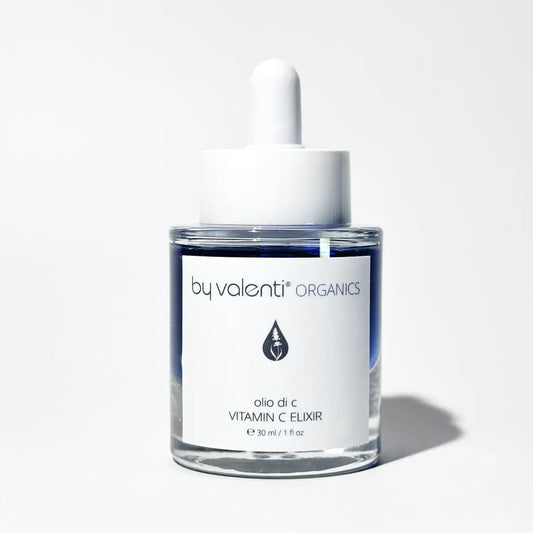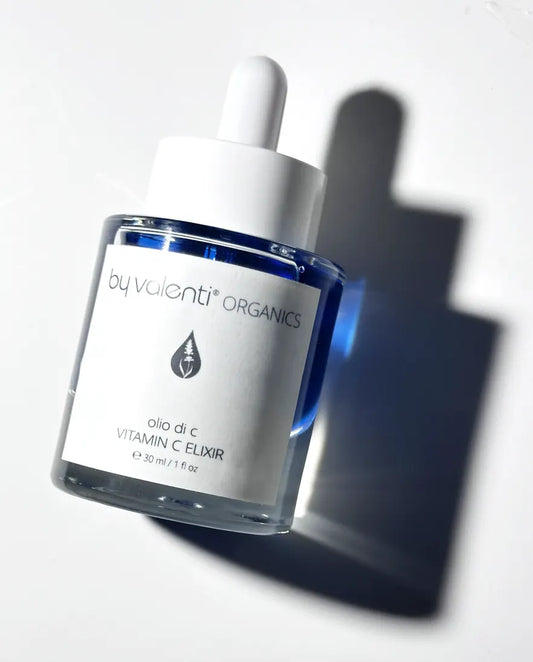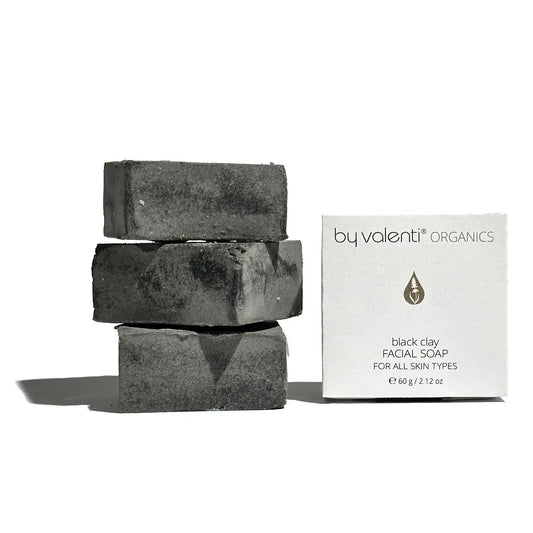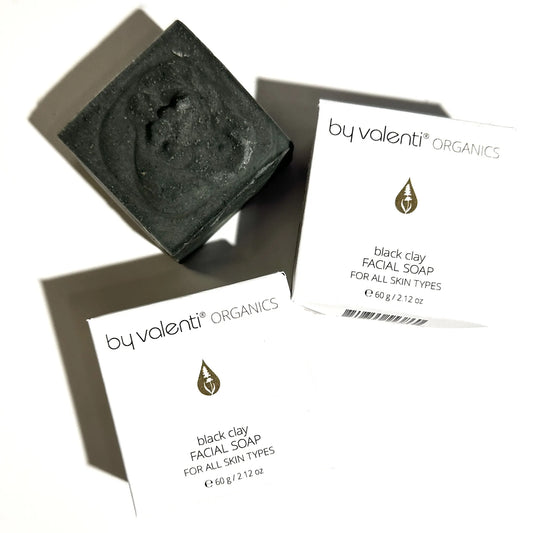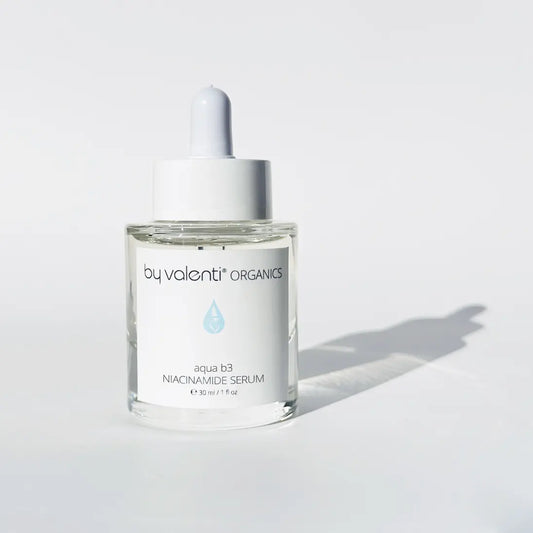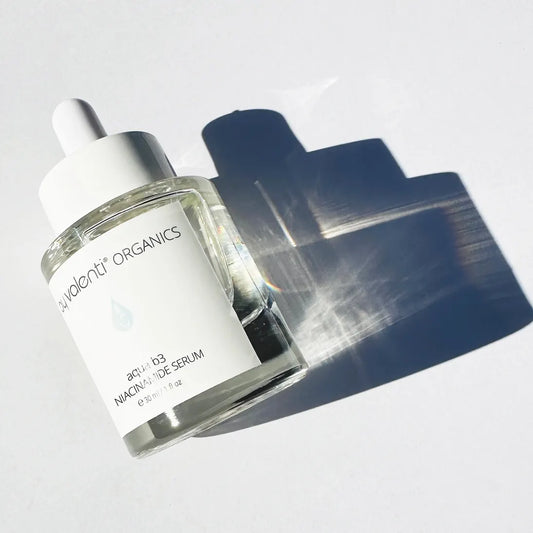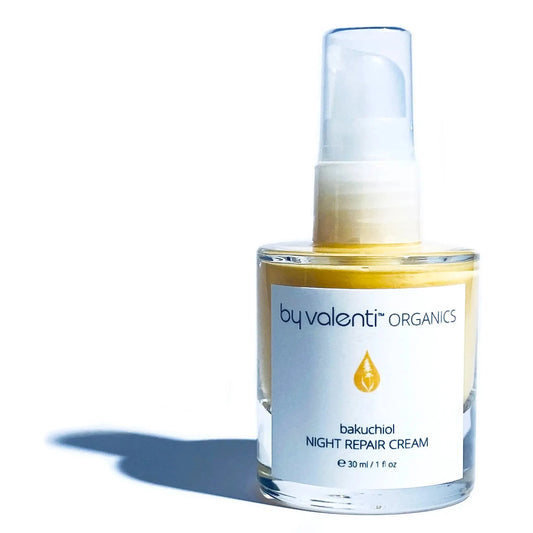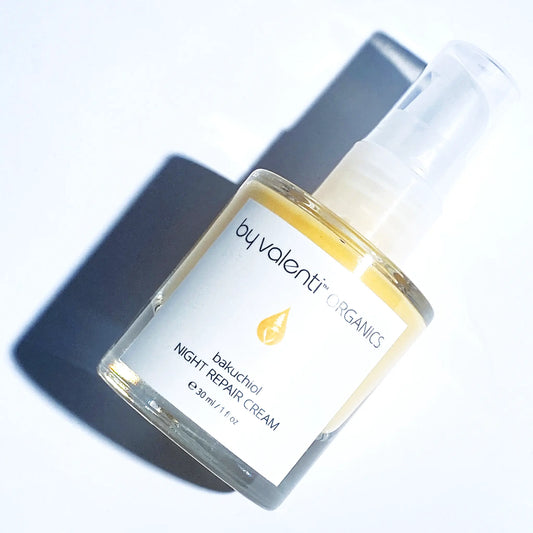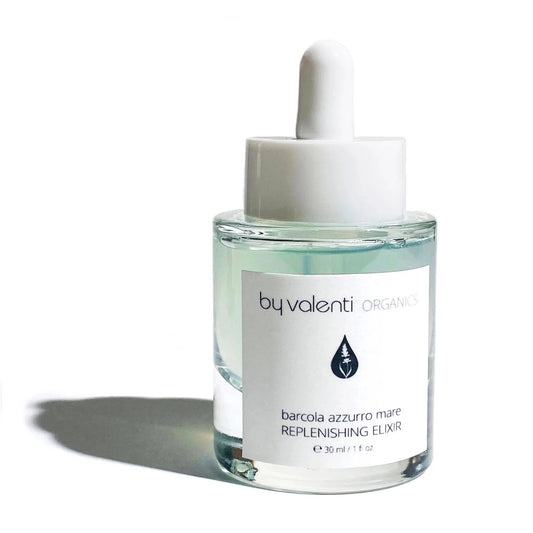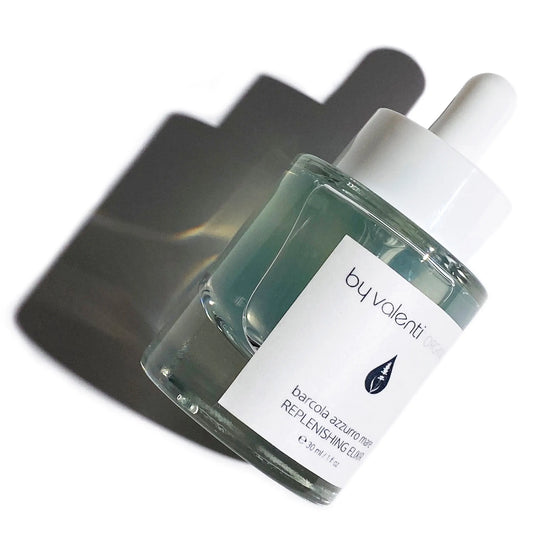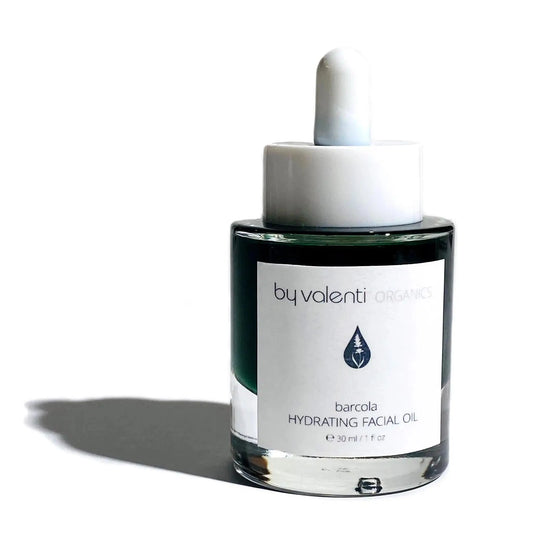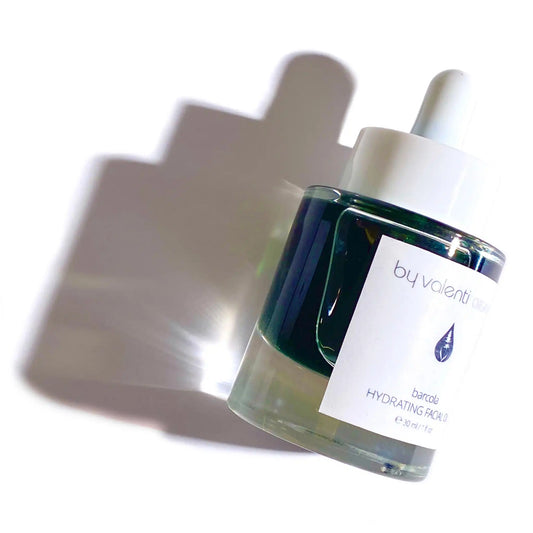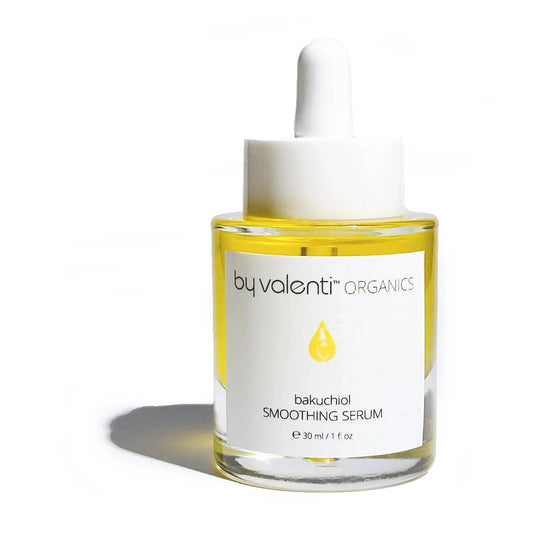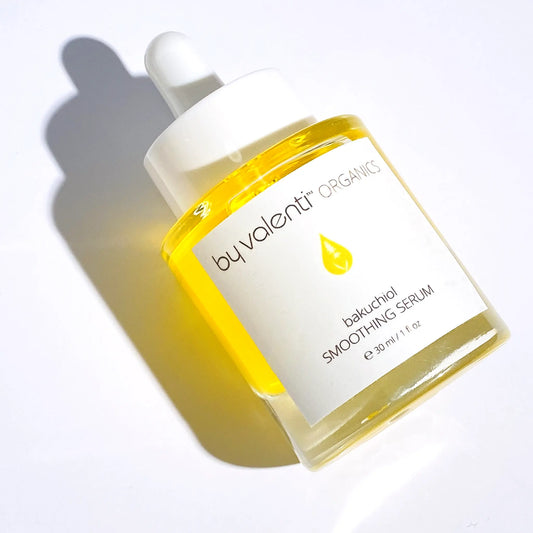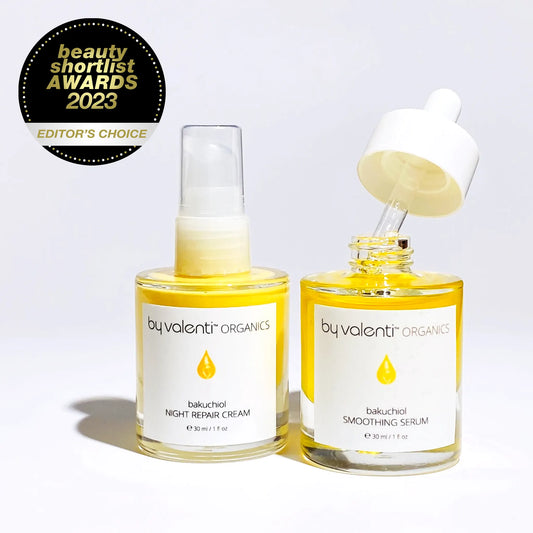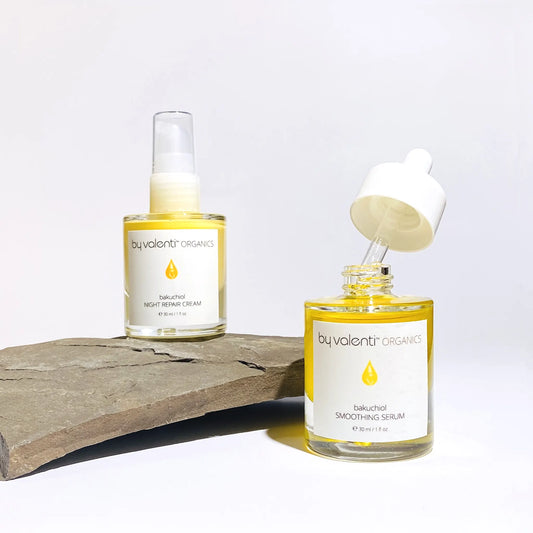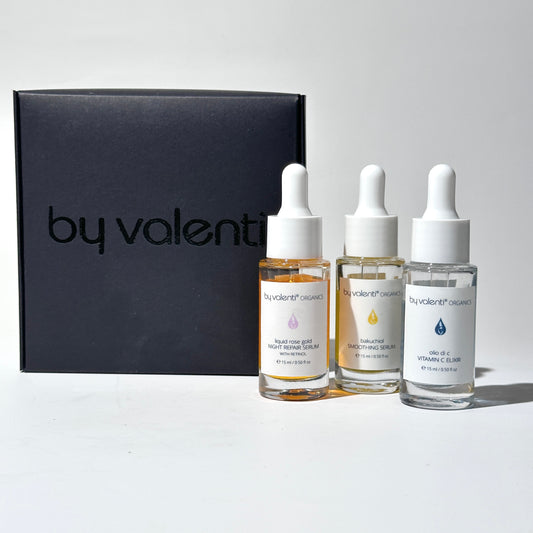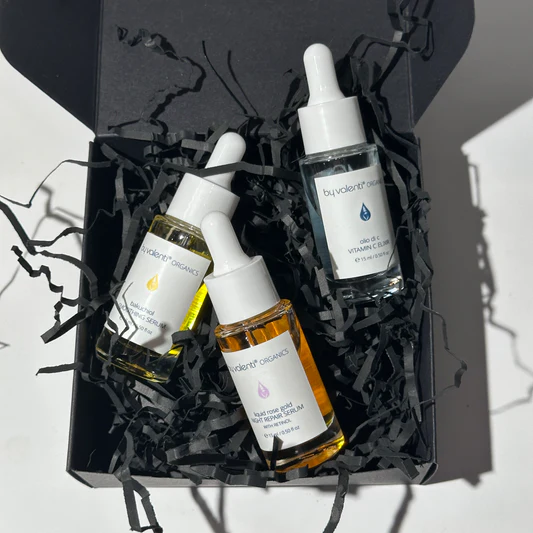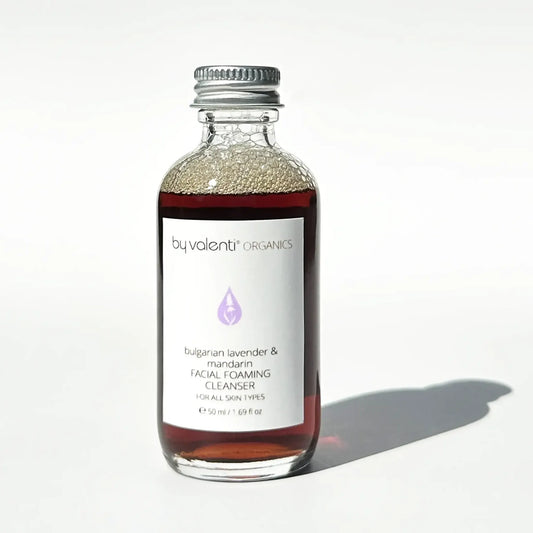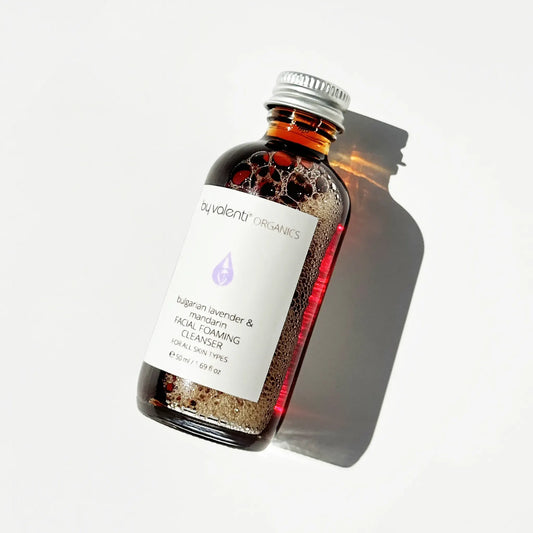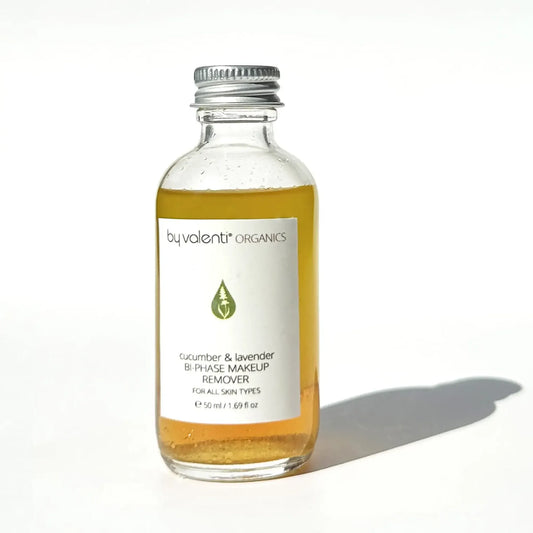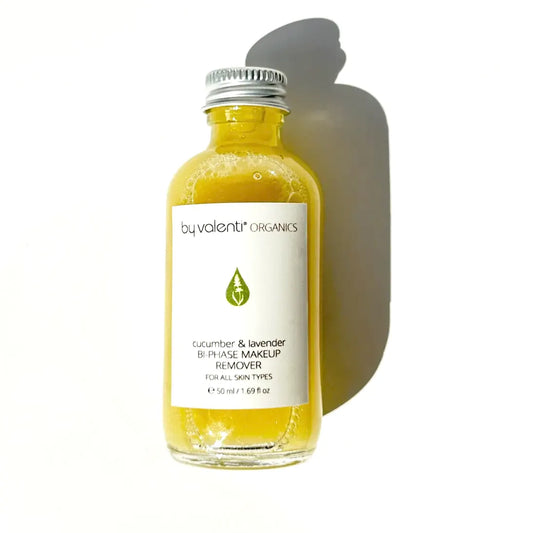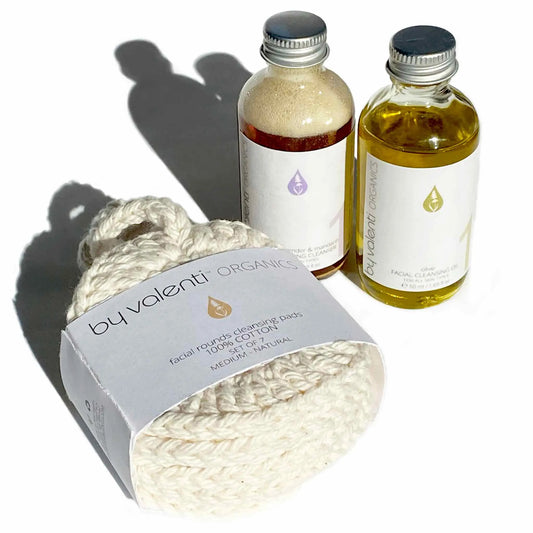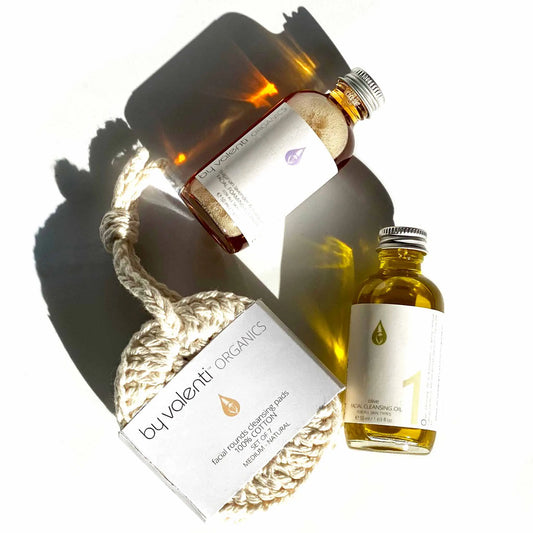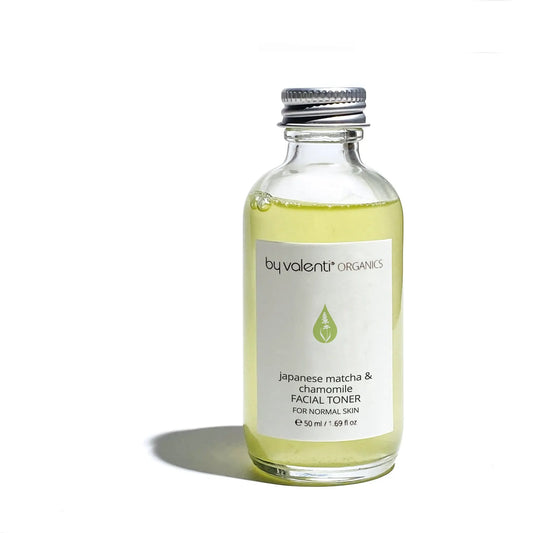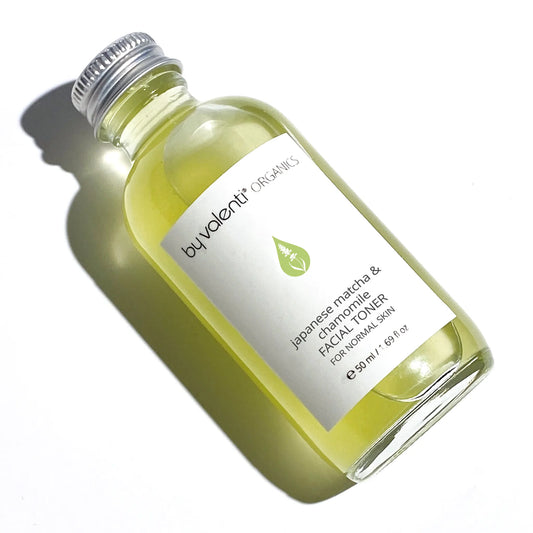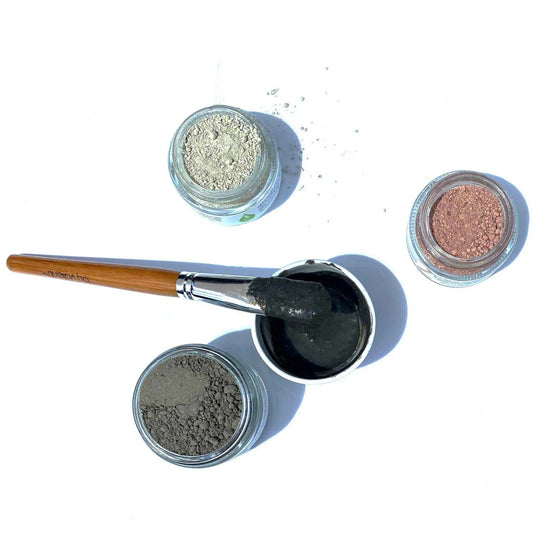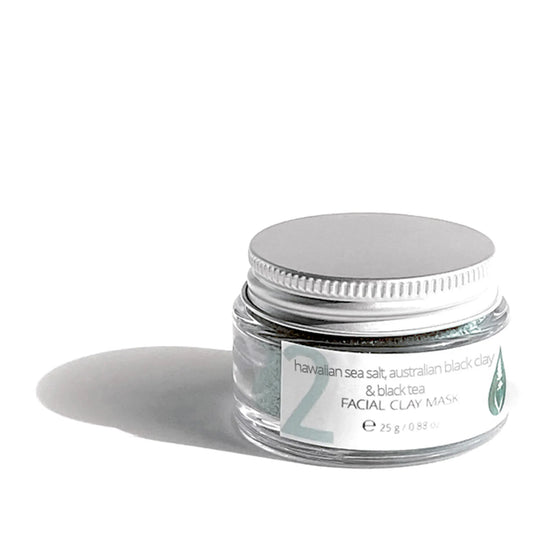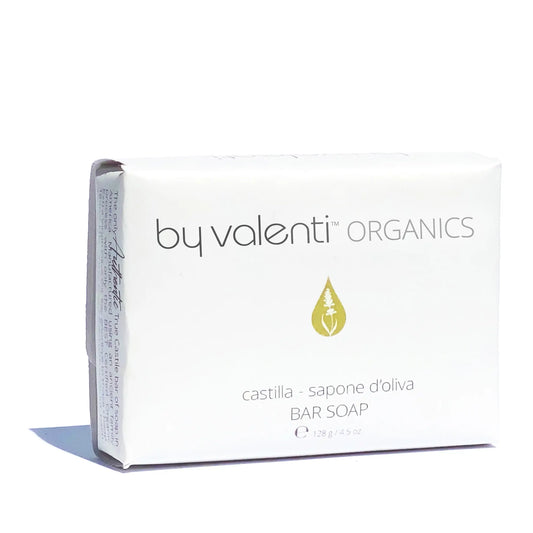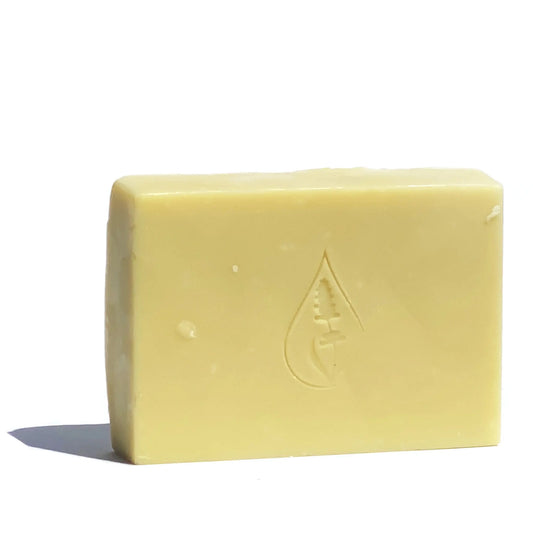Understanding the European Approach to Retinol in Skincare: Why Restrictions Are in Place
Carol MillerShare
What Is Retinol, and Why Is It Popular in Skincare?
Retinol, a derivative of vitamin A, is widely used to promote skin cell turnover, helping reduce hyperpigmentation, fine lines, and other signs of aging. By speeding up the cell renewal process, retinol encourages the shedding of old skin cells and stimulates the production of new ones. These visible results have made it a sought-after ingredient for those aiming to improve skin texture and address age-related concerns.
EU Regulatory Changes on Retinol
In April 2024, the European Commission published Regulation (EU) 2024/996, which amends previous regulations concerning the use of vitamin A derivatives in cosmetics. This amendment introduces specific concentration limits for retinol and its derivatives:
- Face Products: Maximum of 0.3% retinol equivalent (RE).
- Body Products: Maximum of 0.05% retinol equivalent (RE).
These limits apply to retinol, retinyl acetate, and retinyl palmitate. Additionally, products containing these ingredients must include warnings about the risk of vitamin A overexposure. From November 2025, all new retinol products sold in the EU must comply with these limits, and by May 2027, all existing products must be reformulated or removed from the market.
Rationale Behind the Restrictions
The EU's decision stems from concerns over potential overexposure to vitamin A. Excessive intake of vitamin A has been linked to health issues such as liver toxicity and bone health problems. The Scientific Committee on Consumer Safety (SCCS) assessed that cumulative exposure from cosmetics, diet, and supplements could exceed safe levels, especially for vulnerable populations.
Potential Risks Associated with Retinol
While retinol offers notable skincare benefits, it also poses certain risks:
- Skin Irritation: High concentrations can cause redness, peeling, and sensitivity, particularly in individuals with sensitive skin.
- Photosensitivity: Retinol increases the skin's sensitivity to sunlight, raising the risk of sunburn and long-term damage.
- Potential Carcinogenic Concerns: Some studies suggest that retinoids, when exposed to UV light, may contribute to skin tumor formation.
Implications for Consumers
These regulatory changes mean several things for consumers:
- Product Reformulations: Skincare brands will need to adjust formulations to comply with the new limits, which may affect product availability and efficacy.
- Informed Usage: Consumers should read product labels carefully, adhere to usage instructions, and be mindful of retinol’s potential side effects.
- Alternative Ingredients: Safer alternatives like bakuchiol, a plant-based compound with retinol-like effects, provide similar benefits without phototoxicity or irritation.
Why Is Retinol Regulated?
Retinol’s regulation by the EU is based on several concerns:
- Skin Sensitivity and Phototoxicity: Retinol increases skin sensitivity to UV rays, heightening the risk of sun damage if not paired with sun protection. Excessive UV exposure can lead to skin cell mutations, increasing the risk of skin cancer.
- Systemic Toxicity: Retinol, a form of vitamin A, can accumulate in the body with prolonged use. High levels of vitamin A have been linked to liver toxicity, teratogenic effects (harmful to fetal development), and other adverse reactions.
- Skin Cancer Risk: Although retinol itself is not classified as a carcinogen, its heightened photosensitivity can lead to UV-induced skin damage, a significant risk factor for skin cancer. Studies show that prolonged retinoid use without sun protection may exacerbate UV damage and indirectly increase the risk of skin cancer.
Scientific Findings and Concerns
- Skin Cancer Links: Some studies suggest a correlation between high doses of retinoids and an increased risk of UV-induced skin damage, potentially leading to skin cancer over time. The SCCS recommends concentration limits to protect consumers from UV exposure, which remains the primary cause of skin cancer.
- Reports from the SCCS: The SCCS periodically reviews ingredients and has emphasized minimizing vitamin A exposure from cosmetics due to systemic absorption and cumulative effects. This is especially relevant for anti-aging products, which encourage prolonged use.
- Alternative Approaches in Skincare: Given these concerns, many European consumers and brands are shifting toward gentler retinol alternatives that deliver similar benefits without the risks of photosensitivity or cancer.
What Are the Alternatives to Retinol in the EU?
Consumers seeking anti-aging effects without the risks of retinol may consider the following alternatives:
- Bakuchiol: A plant-derived alternative, Bakuchiol offers anti-aging and skin-smoothing effects similar to retinol without the phototoxicity or irritation risks.
- Peptides: Peptides stimulate collagen production, helping smooth and firm the skin over time without increasing UV sensitivity.
- Vitamin C: A powerful antioxidant, vitamin C brightens skin, reduces pigmentation, and promotes collagen synthesis, providing anti-aging benefits without UV sensitivity.
- Niacinamide: Known for its anti-inflammatory and brightening properties, niacinamide is effective in treating hyperpigmentation and uneven skin tone without increasing sun sensitivity.
How to Use Retinol Safely
If you choose to use retinol, here are some safety tips:
- Follow Recommended Dosage: Start with low concentrations and adhere to usage guidelines to minimize irritation or toxicity.
- Always Use Sunscreen: Sunscreen is essential to protect against UV-induced damage when using retinol.
- Consider Alternatives: For those with sensitive skin or concerns about skin cancer, alternatives like Bakuchiol, peptides, or niacinamide provide similar benefits without associated risks.
- Monitor Skin Reactions: Pay attention to signs of irritation or sensitivity, especially when first introducing retinol. Consult a dermatologist if irritation persists.
The European Union’s cautious approach to retinol reflects a broader commitment to consumer safety in skincare. While retinol remains a potent anti-aging ingredient, its potential side effects—including increased skin sensitivity, systemic toxicity, and an indirect risk of skin cancer—warrant careful consideration. For consumers looking to maintain youthful skin, alternatives like Bakuchiol, peptides, and vitamin C offer comparable benefits without the associated risks of phototoxicity or irritation. Practicing safe skincare, such as using sunscreen and adhering to recommended concentrations, ensures that retinol’s benefits can be enjoyed with minimized risks.




